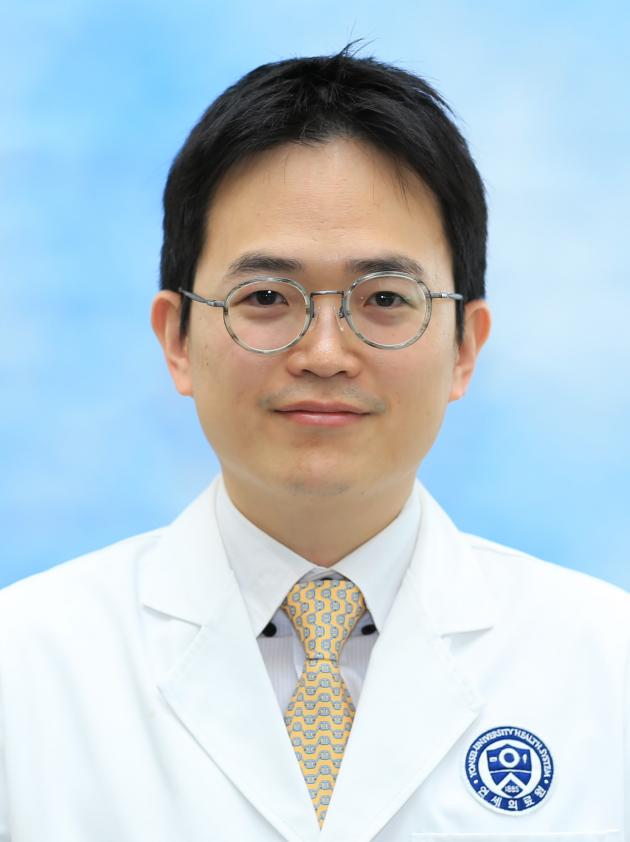A research team at Gangnam Severance Hospital has revealed the recurrence cause of pemphigus, a rare refractory skin disease.

Pemphigus is a severe autoimmune skin disease that causes blisters on the skin, including the mucosa, and has a mortality rate of 80 percent without treatment. When autoantibodies are formed in desmoglein, a protein that connects the keratinocytes of the epidermis, it causes blisters in the patient's body as the keratinocytes cells disconnect.
While biologic treatments targeting B cells, which produce autoantibodies, have shown good treatment results, the disease has a recurrence rate of more than 50 percent with the cause of the recurrence unknown.
In a study to discover the cause of the recurrence, the team, led by Professor Kim Jong-hoon, found a helper T cell associated with pemphigus activity.
The researchers found the desmoglein-specific follicle helper T cells in a rat model experiment and observed that this auxiliary T cell helps differentiation of desmoglein-specific B cells, affects autoantibody production and disease activity, and can proliferate without B cells.
The team also confirmed that follicle-assisted T-cells associated with disease activity in the blood of pemphigus patients. In an animal experiment, the team confirmed that when blocking the inducible costimulator's signals, a common stimulatory molecule of two T cells, the activity of the disease, and the desmoglein antibody decreased.
"We found that it was difficult to cure pemphigus by just eliminating B cells," Professor Kim said. "The team expects that a new treatment strategy can be suggested if the effects identified in animal studies are applied to clinical trials."
The Journal of Allergy and Clinical Immunology published the result of the study in its latest issue.

